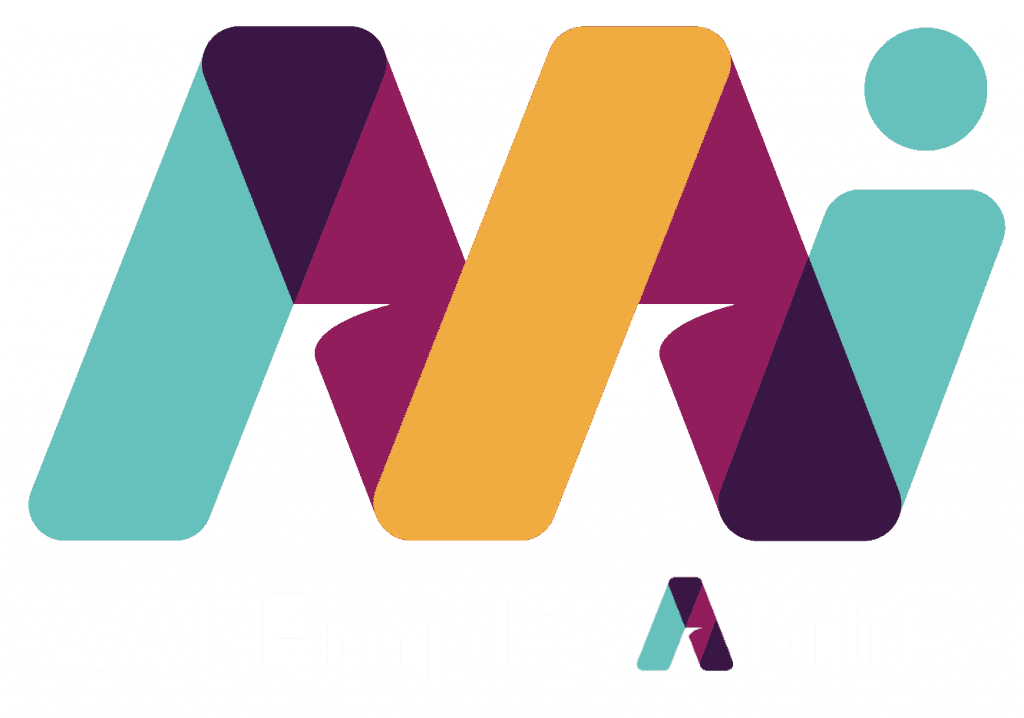Holding onto talent is becoming increasingly difficult.
Changes in the workplace and outcomes of the pandemic have prompted thousands of employees to reconsider their roles. A record 4.5 million Americans quit their jobs in November 2021, with similar resignation statistics emerging across the globe.
Though employee turnover is already reaching unprecedented levels, many experts believe the “Great Resignation” has only just begun. A Microsoft Work Trend Index report suggests around 40% of the global workforce plan to leave their role in the next year. Similar findings can be seen in reports from Randstad U.K., which indicates that approximately 69% of employees feel confident about moving into new positions.
So, what’s the truth about the “Great Resignation”, and how can you prepare?
Defining the Great Resignation
Turnover is a common part of any workplace. Employees come and go as people seek new opportunities, with around 10% of staff moving companies each year.
However, the pandemic has led to a higher “leaving pressure” for many employees. These team members are aware of countless other people in similar positions leaving their existing roles in search of greater benefits, higher pay, and better company cultures.
The post-pandemic era has opened the door to thousands of new opportunities for team members who aren’t entirely happy with their existing employment. The option to work remotely, combined with new vacancies, means people can confidently leave their role and still expect to be employed again within a relatively short space of time.
With little risk associated with leaving a role today, staff members are more quickly responding to feelings of burnout or work/life balance issues by simply leaving. If you’re not ensuring your team is happy and engaged at work, you’re essentially pushing talent towards the exit.
This presents serious problems for employers, as hiring a new staff member can be time-consuming and expensive. New team members take an average of £25,200 of budget and a reported 28 weeks to reach their full productivity levels.
As an Employer, What Can You Do?
While easily accessible opportunities and new roles might be great for employees, the great resignation is causing significant issues for employers who could lose their most valuable asset: their team.
So, what do employers need to do to tackle the great resignation?
1. Understand employee motivators
Getting to know your team members and what they most want from a role is crucial. Conduct stay interviews with your existing employees and ask them what might prompt them to move to a different role. Are they looking for remote work or more flexibility?
Studies currently show around 39% of people would consider quitting a job with no remote working opportunities. If your company isn’t offering flexible working opportunities already, now might be the time to start looking at a hybrid workforce. It’s also worth talking to your staff about other benefits they might be looking for, like extra focus on wellbeing or opportunities to participate in various new challenges.
2. Help teams envision a brighter future
Today’s team members are looking to work in roles that provide future opportunities. With this in mind, it’s important to pave out a path to success for your employees. Have a meeting with each of your essential team members where you discuss their long-term and short-term career goals.
Consider offering training opportunities to help develop your staff’s skills and demonstrate your willingness to invest in their success. You can also promote more internal team members and give your staff more opportunities to grow. If your employees can see a future with your business, they’re less likely to seek new opportunities elsewhere.
3. Improve company culture
One of the most common reasons employees abandon their existing roles during the great resignation is that they feel they’re not receiving the right experience at work. Today’s team members are looking to work with companies that share their values and respect their input.
Work on improving communication and bonding between your staff members to create an environment where everyone feels involved and engaged. Focus on showing empathy to your staff and promoting their wellbeing with mental and physical health strategies. Something as simple as giving regular feedback or creating an open environment where people can communicate about their concerns can be crucial to retention.
Work with an Inclusive Recruitment Team
Perhaps the most important thing any business can do to fight against the great resignation is to improve their recruitment and talent acquisition approach. Ultimately, with so much turnover happening in the current landscape, it’s going to be increasingly difficult to access the skills and professionals you need going forward.
Experienced recruiters will be essential in helping you attract the best new talent and find the right add-on to your organisational culture throughout the “Great Resignation”.
If you’re interested in hiring with a progressive and modern social enterprise, contact AAI today at team@aai-employability.org.uk or see what we can do for your business around Diversity and Inclusion and Social Impact projects by clicking here.


